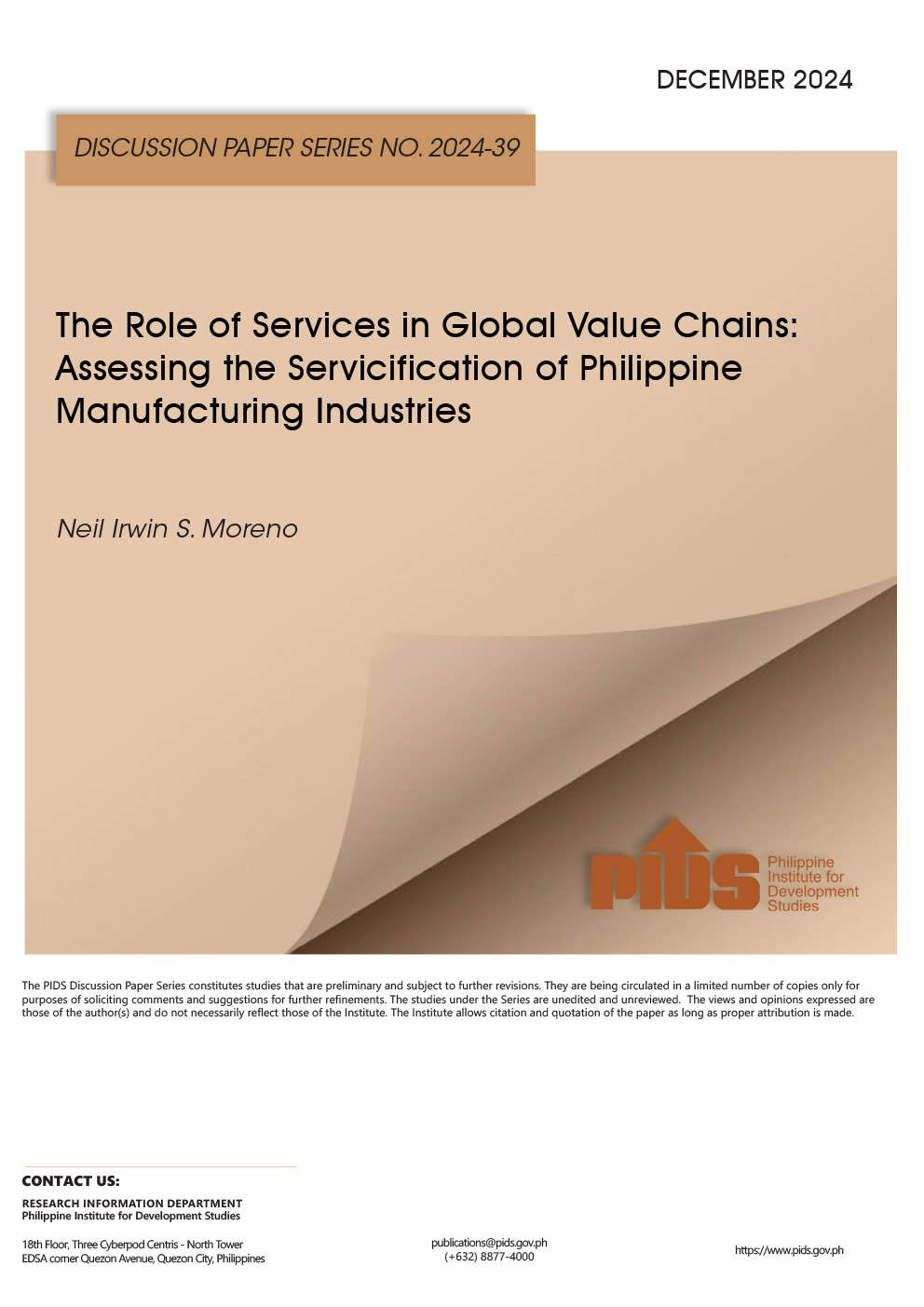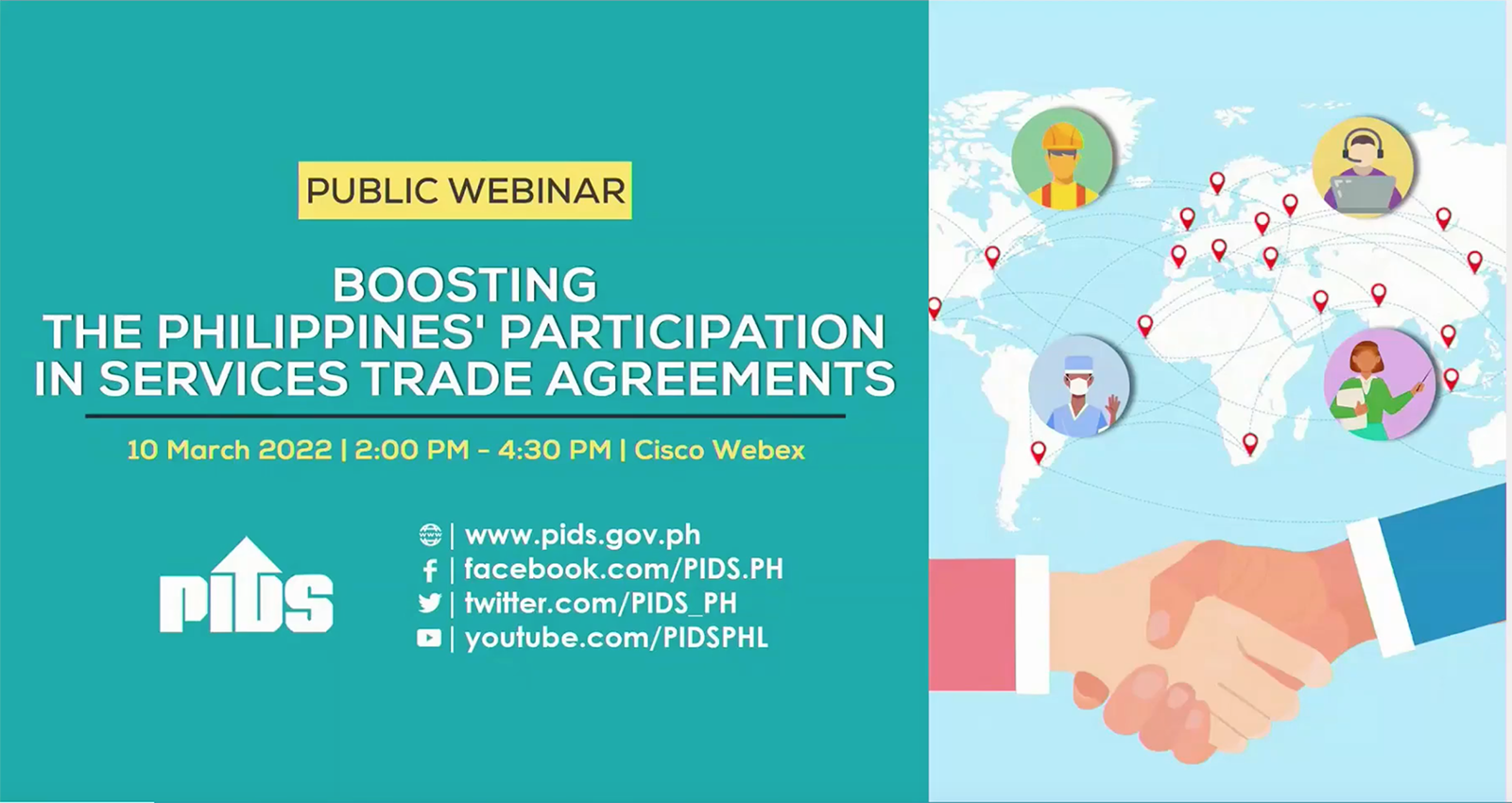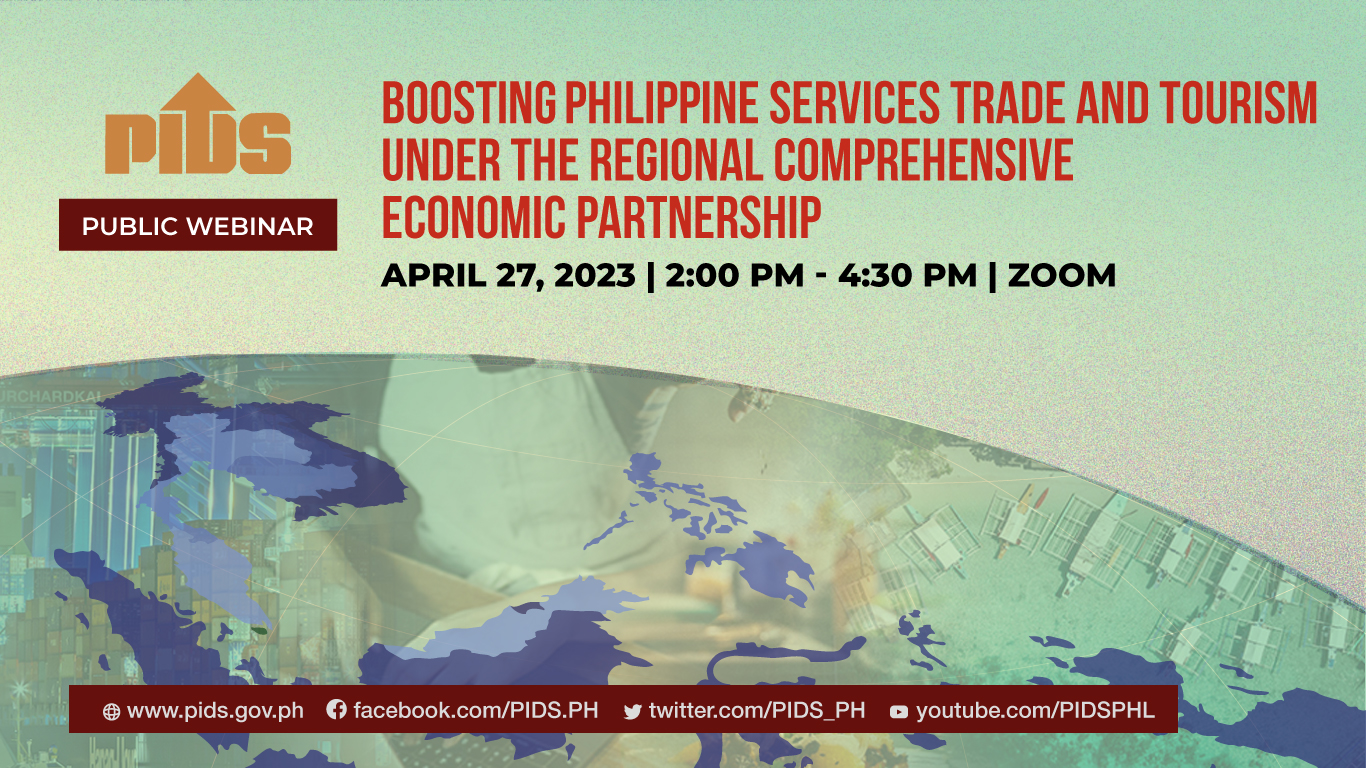The National Economic and Development Authority said the government should open up the services sector to achieve its potential for growth and employment generation.
Neda deputy director-general Emmanuel Esguerra said the Philippines was considered as having one of the most restrictive policy regimes for services, with the highest degree in professional services.
"Moreover, the services sector is faced with challenges such as low levels of productivity, employment vulnerability in most services subsectors, and continued concentration of the sector’s gross value added in certain regions, particularly the National Capital Region and Region IV-A,” Esguerra said during the National Workshop on Services at the AIM Conference Center in Makati City on June 2.
He said aside from measures that limited market access, restrictive measures were also present in the nature of balance sheet requirements as in the Retail Trade Law of 2000 or limits in the number of branches or franchises.
Local governments also impose regulations that affect the efficient supply of services, he said. "Anti-competitive business practices also occur even with existing regulations,” he added.
Esguerra, citing a number of approaches identified in a policy paper titled "Formulating the Philippine services strategy for inclusive growth” prepared by the Philippine Institute for Development Studies, said the national services roadmap should include domestic policy reforms, innovations, export promotion and trade negotiation strategies.
"Among the important domestic policy reforms are the rationalization of the educational system to adapt to the ever changing requirements dictated by the rapidly changing or evolving technologies. Operationally, better government coordination is critical especially among agencies in charge of policy and regulation,” he said.
"To promote innovation, services providers must be organized into a consortium to realize synergies. Among export promotion strategies, shared service facilities must be provided to serve as vehicles for marketing, networking, market research and client matching,” the Neda official said.
"Among trade negotiation strategies is the negotiation of Mutual Recognition Arrangements and similar international instruments for accreditation and recognition,” he said.//












